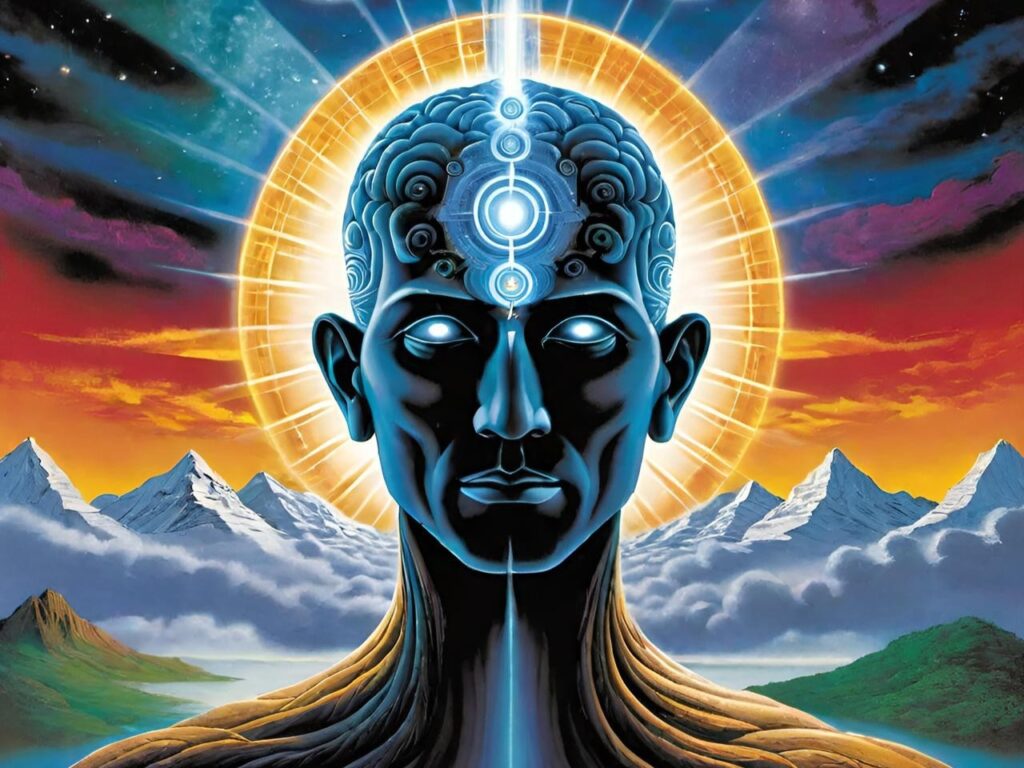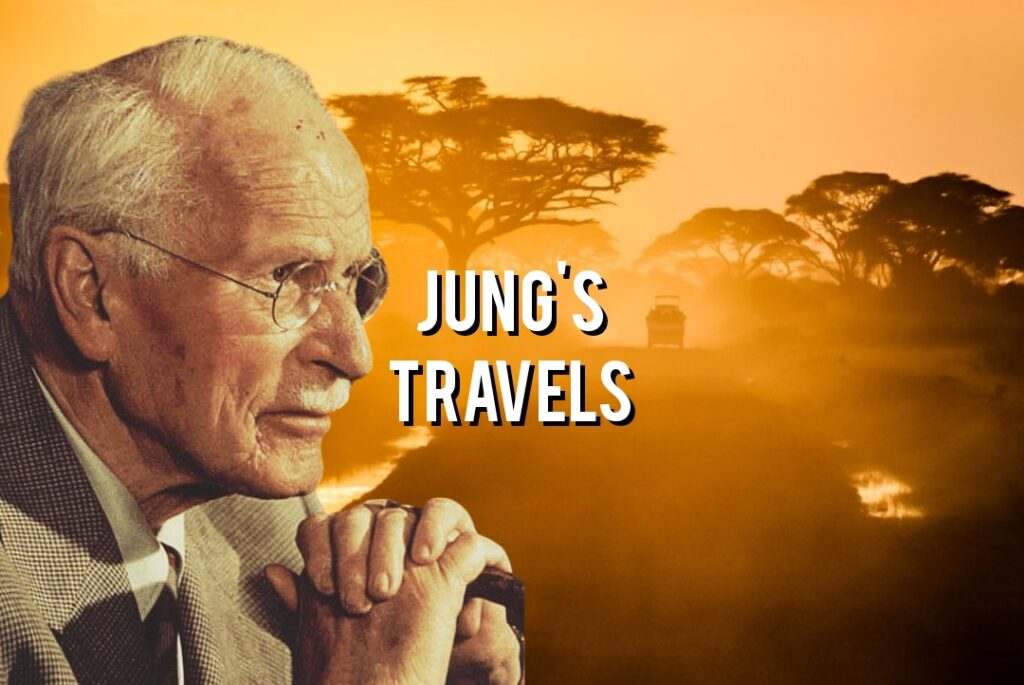In an increasingly hectic and complex world, feelings of melancholy and existential angst often manifest themselves in individuals. One such feeling is Weltschmerz, a German term meaning “world-pain” or “world-weariness.” This article aims to explore the concept of Weltschmerz, its origins, and why individuals may experience it. By delving into its psychological and societal dimensions, we can better understand this prevalent emotional state and discover strategies for managing it.
Weltschmerz is a complex emotional state characterized by an individual’s perceived mismatch between their ideals, aspirations, and the reality of the world. The term was coined by German literary figures of the Romantic era to describe a profound sense of sadness and disillusionment with the world’s imperfections and injustices. It arises from the existential gap between the utopian vision we may hold and the imperfect realities we encounter daily.
Exploring the Causes
There are several factors that contribute to the experience of Weltschmerz. One primary factor is the contrasting portrayal of an idealized world in literature, art, and social media, which can fuel feelings of disillusionment when confronted with the harsh realities of life. Additionally, societal and personal pressures, such as a sense of purposelessness, the erosion of traditional values, and the weight of global responsibility, can contribute to this internal conflict. The juxtaposition between how you want people to behave towards each other, and how they actually behave, is another factor. In the world of a wide-eyed, creative person, there is hope that we can connect with each other through feelings of empathy and compassion. But the reality is that people are in a rush, and nobody wants to take time to consider each other emotional baggage. We are disconnected from each other, which is especially heartbreaking for the elderly people.

The Paradox of Choice and Overstimulation
In today’s fast-paced and consumer-driven society, the paradox of choice and overstimulation can exacerbate feelings of Weltschmerz. The relentless pursuit of greater happiness and personal fulfillment in a world where options seem limitless can lead to dissatisfaction and a constant yearning for something more. The constant exposure to global issues and digital connectivity can also heighten this world-weariness by bombarding individuals with distressing news and overwhelming information.
Coping Strategies for Weltschmerz
While experiencing Weltschmerz may seem overwhelming, there are various coping strategies that individuals can employ to navigate this emotional state. Cultivating mindfulness and self-compassion can help individuals accept the imperfections of the world while maintaining a sense of inner peace. Engaging in meaningful activities, seeking social support, and embracing personal growth can also help individuals find purpose and fulfillment despite the inherent challenges in the world.

Transmuting Weltschmerz into Positive Action
Rather than succumbing to the despair of Weltschmerz, individuals can harness this emotional state as a catalyst for positive change. By channeling their discontent into activism, philanthropy, or creative endeavors, individuals can effectuate meaningful transformation in their immediate communities or even on a global scale. Recognizing that small actions can have a significant impact allows individuals to find purpose in tackling the issues that trouble them most.
Conclusion
Although experiencing Weltschmerz may be disheartening, it is a reminder of our innate capacity for empathy and compassion. This emotional state demonstrates our longing for a better world and our desire to reconcile the dissonance between our ideals and reality. By understanding the origins and causes of Weltschmerz, as well as implementing effective coping strategies, individuals can navigate this emotional journey and potentially transform it into a catalyst for positive change. Embracing the imperfections of the world does not negate our ability to strive for a better future.





